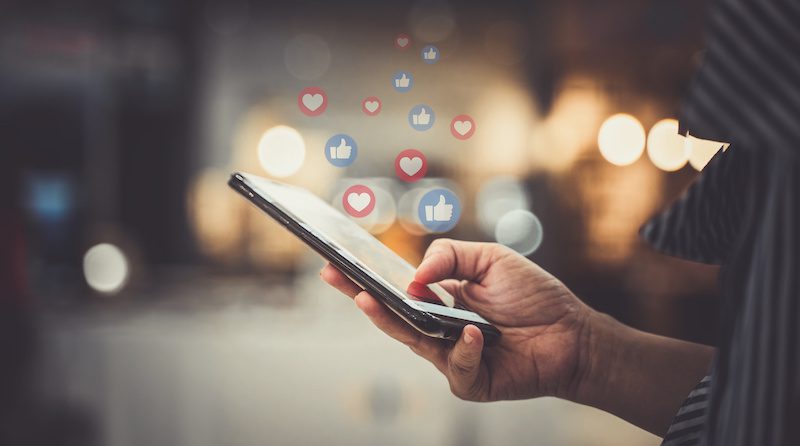In today’s digital age, data is being generated and collected at an unprecedented pace. As individuals and businesses, we generate and share data every day. This data can be used to gain valuable insights and make informed decisions. In this article, we will explore the sources of personal, public, and professional data and provide real-world examples of how this data is generated.
Sources of Personal Data
Personal data is information that is related to an identifiable person. Some sources of personal data include:
- Social media: Social media platforms like Facebook, Instagram, and Twitter generate a large amount of personal data. This data includes the user’s name, age, gender, location, interests, and activity on the platform. This data is used to personalize the user’s experience on the platform and to show them relevant advertisements.
- Wearable devices: Devices like Fitbit and Apple Watch collect personal data related to health and fitness. This data includes the user’s heart rate, steps taken, calories burned, and sleep patterns. This data can help the user monitor their progress toward fitness goals and make adjustments to their daily routine to improve their health.
Sources of Public Data
Public data is information that is available to anyone. Some sources of public data include:
- Government databases: Governments collect a large amount of data, such as census data, weather data, and crime statistics. This data is publicly available and can be used by researchers and businesses. This data is publicly available and can be used by businesses to make decisions about where to open new stores or target advertising.
- Publicly available websites: Websites like Wikipedia and news websites contain a wealth of public data. This data can be used for research, analysis, and fact-checking.
Sources of Professional Data
Professional data is information that is related to a person’s work or profession. Some sources of professional data include:
- Customer Relationship Management (CRM) systems: CRM systems like Salesforce and HubSpot collect and manage customer data, including contact information, purchase history, and customer interactions, which can help personalize marketing efforts and improve customer service.
- Human Resources (HR) systems: HR systems like Workday and BambooHR collect and manage employee data, including personal information, job titles, and performance reviews, which can help manage employee performance, track attendance, and make decisions about promotions and bonuses.
In conclusion, personal, public, and professional data are all around us, and understanding the sources and usefulness of this data is important. By collecting and analyzing this data, individuals and businesses can gain insights and make informed decisions. It is essential to use this data ethically and responsibly while keeping in mind the data privacy laws and regulations.
